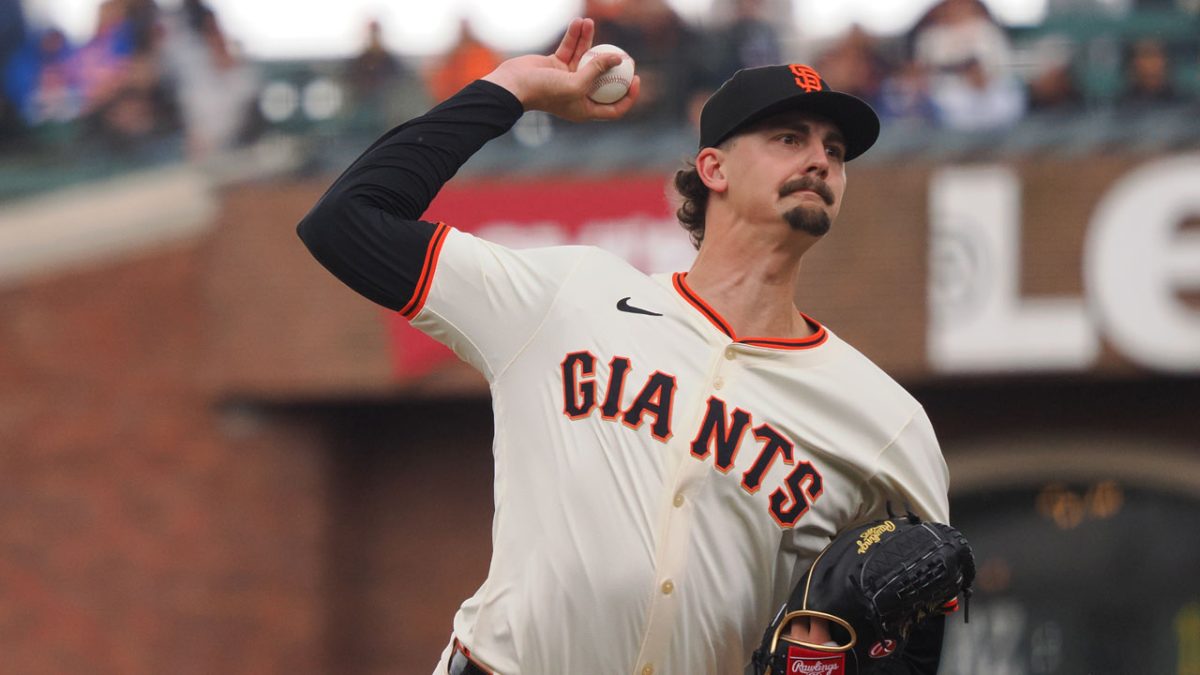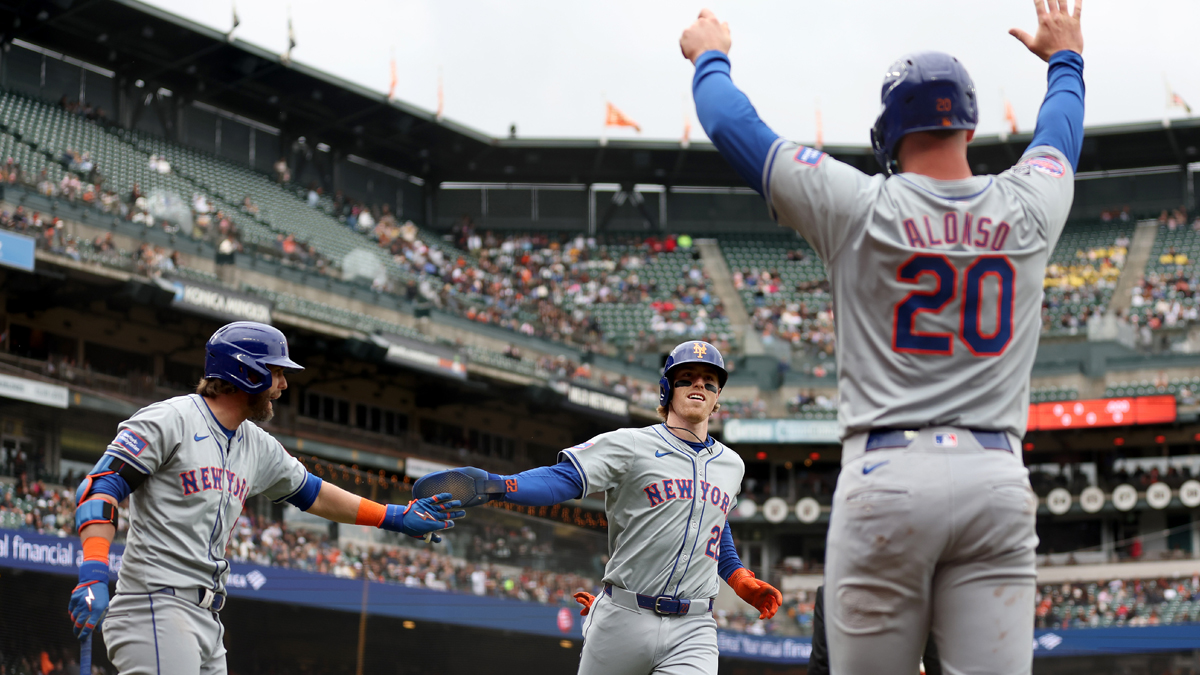SAN FRANCISCO -- When Buster Posey announced that he would be joining the Giants ownership group, the pitcher who started Posey's final game in the big leagues, Logan Webb, sent him a text.
"I said, 'I know who to talk to now when I hit free agency,' " Webb later told reporters, laughing.
If the Giants play their cards right, that won't happen for a long, long time. Posey never experienced free agency, signing a massive extension after winning the 2012 NL MVP Award and playing on that contract through his final season. For a few years, that was the way the Giants operated, and today's deadline to tender contracts to arbitration-eligible players brings a reminder that it's time for them to lock up another homegrown star.
Stay in the game with the latest updates on your beloved Bay Area and California sports teams! Sign up here for our All Access Daily newsletter.
It's a reminder they don't need, though.
Per sources, the Giants and Webb's side already have had preliminary discussions about what a long-term extension would look like. Both sides are committed to getting it done at some point, but they will need to find the right comp for Webb, who could be the first Giants pitcher to sign a long-term extension since Matt Cain and Madison Bumgarner in 2012.
Those deals kicked off a stretch of extensions for just about all of the franchise's homegrown stars. Posey signed a nine-year deal the next spring, and the Giants later gave young infielders Brandon Crawford and Brandon Belt deals that bought out their arbitration years. When Crawford was about to hit free agency last summer, he signed another deal.
The prospect pipeline dried up for the Giants after that initial round, but around the game, locking up homegrown talent remained a priority for front offices. That has set some precedent for conversations with Webb, but thus far the sides have not agreed on a perfect comparison.
San Francisco Giants
The closest comp would be Miami Marlins right-hander Sandy Alcantara, who was in Webb's position last offseason and signed a five-year, $56 million extension that now looks like an absolute steal for the organization even though it was the largest ever for a first-year arb-eligible pitcher. At the time, Alcantara had a 3.49 ERA through his first 86 big league appearances. Webb is at 3.48, but his FIP is nearly a full run lower, his last two seasons are better than Alcantara's last two before signing, and he already has proven he can handle the MLB playoffs.
Alcantara was 26 when he signed and Webb turned 26 on Friday, but the Alcantara comp is an example of how players can get burned for signing too early.
Alcantara took the next step in 2022 and was a unanimous Cy Young Award winner, but he's now locked in for his first two years of free agency at $17 million per year. Early extensions give players financial security and protect against injuries -- which is particularly important for pitchers -- but had Alcantara gone year by year and continued to pitch like this, he at least would have doubled that rate when he hit the open market after the 2024 MLB season.
The Atlanta Braves, who have signed more young players to extensions recently than anyone else, seemed to build that into their deal with Spencer Strider, who signed a six-year contract after a spectacular rookie season. Strider will make $22 million in what would have been his final arbitration year, and the same in what would have been his first season of free agency.
While the Alcantara deal set a record for the largest extension given out to a pitcher between three and four years of service time, Webb's representatives rightfully can argue that Strider's later salaries are a better floor for what the Giants should pay if they want to buy out any of Webb's free agent years.
That is the goal for the organization in extension talks, along with avoiding the awkwardness that will come if Webb does go through the arbitration process. Webb is projected to make $4.8 million in his first year of arb, and both sides have a strong incentive to make sure he doesn't have to worry about the process in future offseasons.
While most of the Giants' front office has changed since the original round of extensions, the emphasis on building through the farm system has not. President of baseball operations Farhan Zaidi has been protective of the organization's top prospects, and new general manager Pete Putila comes from a Houston Astros organization that regularly has locked up homegrown stars.
RELATED: What Giants bringing Pederson back means for La Stella
Their new boss, Posey, left no doubt about where he stands on the topic. On the day he was introduced as a part of the ownership group, Posey spoke passionately about the need to build around homegrown stars, which the Giants hope to do by eventually reaching an extension with an ace who grew up two hours away from Oracle Park.
"You look at our run that we had in '10, '12 and '14, it was largely led by homegrown talent," Posey said in September. "Now, obviously you can supplement and you can add pieces to that homegrown talent, but the hopes and dreams is that there's a handful of guys down there in the system right now that want to come up and really understand the opportunity that they have to be the next group of players that the city of San Francisco and the fanbase of the San Francisco Giants is going to get to attach themselves to for hopefully 10, 12, 15 years."


